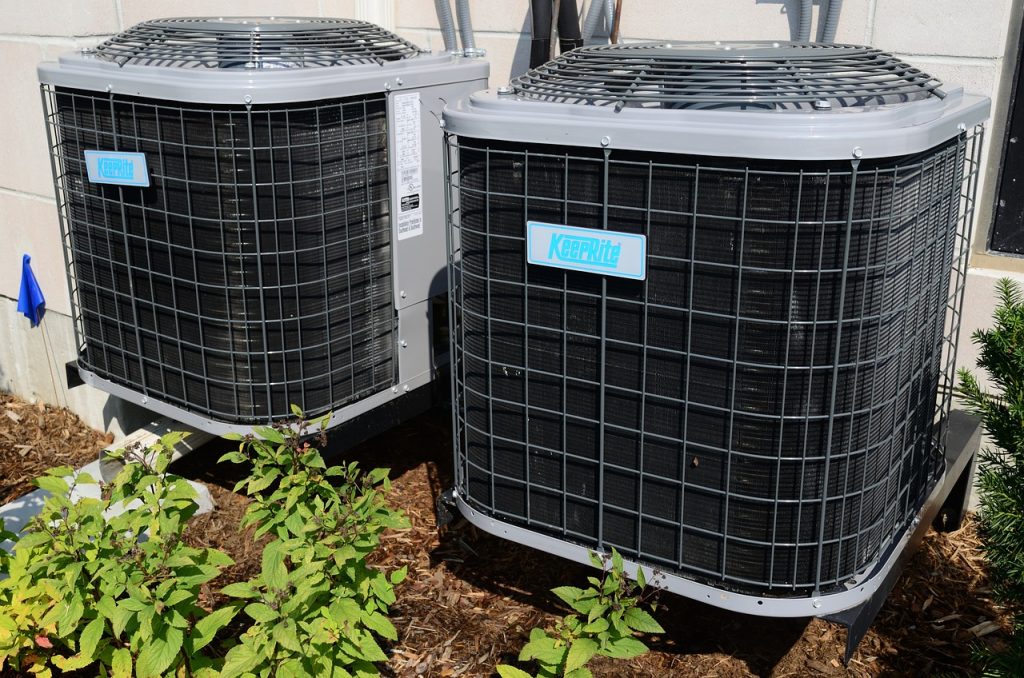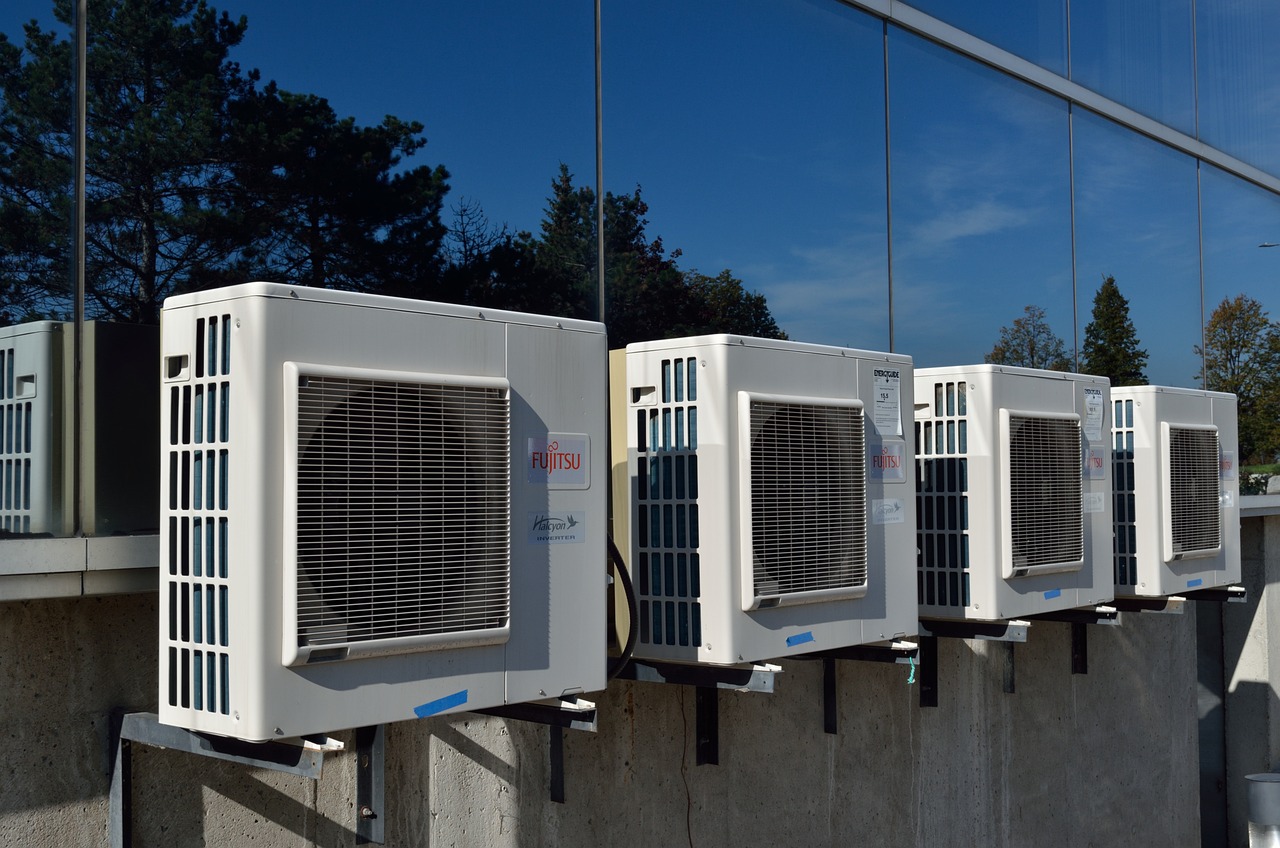Starting an HVAC business can be a rewarding and profitable venture, but it requires proper planning and execution to ensure success. HVAC, which stands for heating, ventilation, and air conditioning, is a vital service that is in high demand, as it keeps buildings and homes comfortable throughout the year. In this guide, we will explain the steps necessary to start an HVAC business, including research and planning, licensing and certification, equipment and inventory, marketing and advertising, operation and management, and more.
I. Introduction
A. Explanation of HVAC business
An HVAC business is a service-based business that specializes in the installation, maintenance, and repair of heating, ventilation, and air conditioning systems. These systems are essential for maintaining a comfortable indoor environment in homes and buildings, and they play a crucial role in ensuring good air quality and energy efficiency.

B. Reasons for starting an HVAC business
There are many reasons why someone may want to start an HVAC business. The industry is in high demand, as HVAC systems are an essential part of any building or home. Additionally, the field is relatively stable, as there is a consistent need for HVAC services, regardless of economic conditions. Furthermore, the industry is expected to grow in the coming years, with the U.S. Bureau of Labor Statistics projecting a 14% increase in employment for HVAC technicians by 2028.
II. Research and Planning
1. Market research
Before starting an HVAC business, it is important to conduct thorough market research. This includes analyzing the competition, identifying target markets, and understanding the needs of potential customers. Additionally, it is essential to research the local regulations and requirements for operating an HVAC business, as well as any industry standards and certifications that may be necessary.
Video: How to Start a HVAC Business: A Step-by-Step Guide
2. Business plan development
Once you have completed your market research, the next step is to develop a comprehensive business plan. A business plan is a document that outlines your company’s goals, strategies, and financial projections. It is an essential tool for securing funding, as well as for keeping your business on track. When developing your business plan, make sure to include details on your target market, marketing and advertising strategies, operational procedures, and financial projections.
3. Financing options
Starting an HVAC business can be capital-intensive, as it requires a significant investment in equipment, inventory, and marketing. Therefore, it is essential to explore financing options to secure the necessary funds. Some options include small business loans, crowdfunding, and angel investors. Additionally, many HVAC equipment manufacturers and suppliers offer financing programs that allow you to purchase equipment with low or no interest.
III. Licensing and Certification
A. HVAC certification requirements
Before starting an HVAC business, it is essential to obtain the necessary certifications. This typically includes obtaining an HVAC technician certification and a license to operate an HVAC business. Certification requirements vary by state, but most require passing an exam and meeting a certain level of experience. Additionally, it is important to stay current with industry developments and certifications, as they may change over time.
B. Business licensing requirements
In addition to certification, it is essential to obtain the necessary licenses to operate an HVAC business. This typically includes a business license and any other permits or licenses that may be required by your local government. The requirements for these licenses vary by state and jurisdiction, so it is important to research the specific requirements for your area.
C. Insurance and bonding
Another important aspect of starting an HVAC business is obtaining the necessary insurance and bonding. Insurance is essential to protect your business from potential financial losses due to accidents, injuries, or damage to property. This can include general liability insurance, workers’ compensation insurance, and property insurance. Bonding, on the other hand, is a form of financial guarantee that ensures that your business will fulfill its obligations. It is often required by state or local governments and is typically required for certain types of contracts, such as government contracts.
IV. Equipment and Inventory
1. Equipment and tool need
Having the right equipment and tools is essential for running an HVAC business. This includes HVAC-specific tools, such as refrigerant recovery machines, vacuums, and leak detection equipment. Additionally, you will need a variety of hand tools, such as screwdrivers, pliers, and wrenches. It is important to research the specific equipment and tools that are needed for your business and to purchase high-quality items that will last.
2. Inventory needs and sourcing
In addition to equipment and tools, you will also need to stock inventory for your HVAC business. This includes items such as refrigerant, filters, and other HVAC parts. It is important to carefully research the inventory needs for your business, as well as to establish relationships with reliable suppliers. Additionally, it is important to have a system in place for tracking inventory and managing stock levels to ensure that you always have the necessary items on hand.
V. Marketing and Advertising
A. Branding and logo development
Having a strong brand and logo is essential for establishing your HVAC business in the marketplace. This includes developing a company name, tagline, and logo that effectively communicates the value of your business. It is important to invest time and resources into creating a professional brand that will set your business apart from competitors.
B. Online presence and website development
Having a strong online presence is essential for any modern business, and this is particularly true for an HVAC business. This includes developing a professional website that showcases your business and services, as well as maintaining a presence on social media platforms. Additionally, it is important to ensure that your business is listed in relevant directories and search engines, such as Google My Business, to make it easy for customers to find you.
C. Local advertising and networking
In addition to an online presence, it is also important to advertise and network locally. This includes promoting your business through local print and online publications, as well as by networking with other businesses and organizations in your area. Additionally, it is important to participate in community events and sponsor local organizations to help establish your business in the community.
VI. Operation and Management
A. Hiring and training employees
As your business grows, it is essential to hire and train employees to help manage the workload. This includes recruiting, hiring, and training employees for different roles within the company, such as HVAC technicians, customer service representatives, and administrative staff. Additionally, it is important to establish clear expectations and guidelines for employees, as well as to provide ongoing training and development opportunities.
B. Establishing processes and procedures
Another important aspect of operation and management is to establish clear processes and procedures for running the business. This includes procedures for tasks such as scheduling appointments, managing inventory, and handling customer complaints. It’s important to have a system in place that makes sure tasks are done quickly and well, and it’s also important to review and update these systems as needed.
C. Managing finances and accounting
Finally, it is essential to have a system in place for managing the finances and accounting of your HVAC business. This includes tracking income and expenses, managing accounts payable and receivable, and preparing financial statements. It is important to have a good accounting system in place and to hire a professional accountant or bookkeeper to help with financial management. Additionally, it is important to set financial goals and to regularly review financial statements to ensure that the business is on track and to identify any potential issues.
VII. Conclusion
Starting an HVAC business can be a rewarding and profitable venture, but it requires proper planning and execution to ensure success. By following the steps outlined in this guide, you can successfully start and grow an HVAC business. This includes conducting thorough market research and developing a comprehensive business plan, obtaining the necessary certifications, licenses, and insurance, and having the right equipment and inventory.
Additionally, it is important to have a strong online presence, to advertise and network locally, and to establish clear processes and procedures for running the business. Finally, it is important to manage finances and accounting effectively. With the right planning and execution, you can build a successful HVAC business that will serve your community and provide a good income for you.












